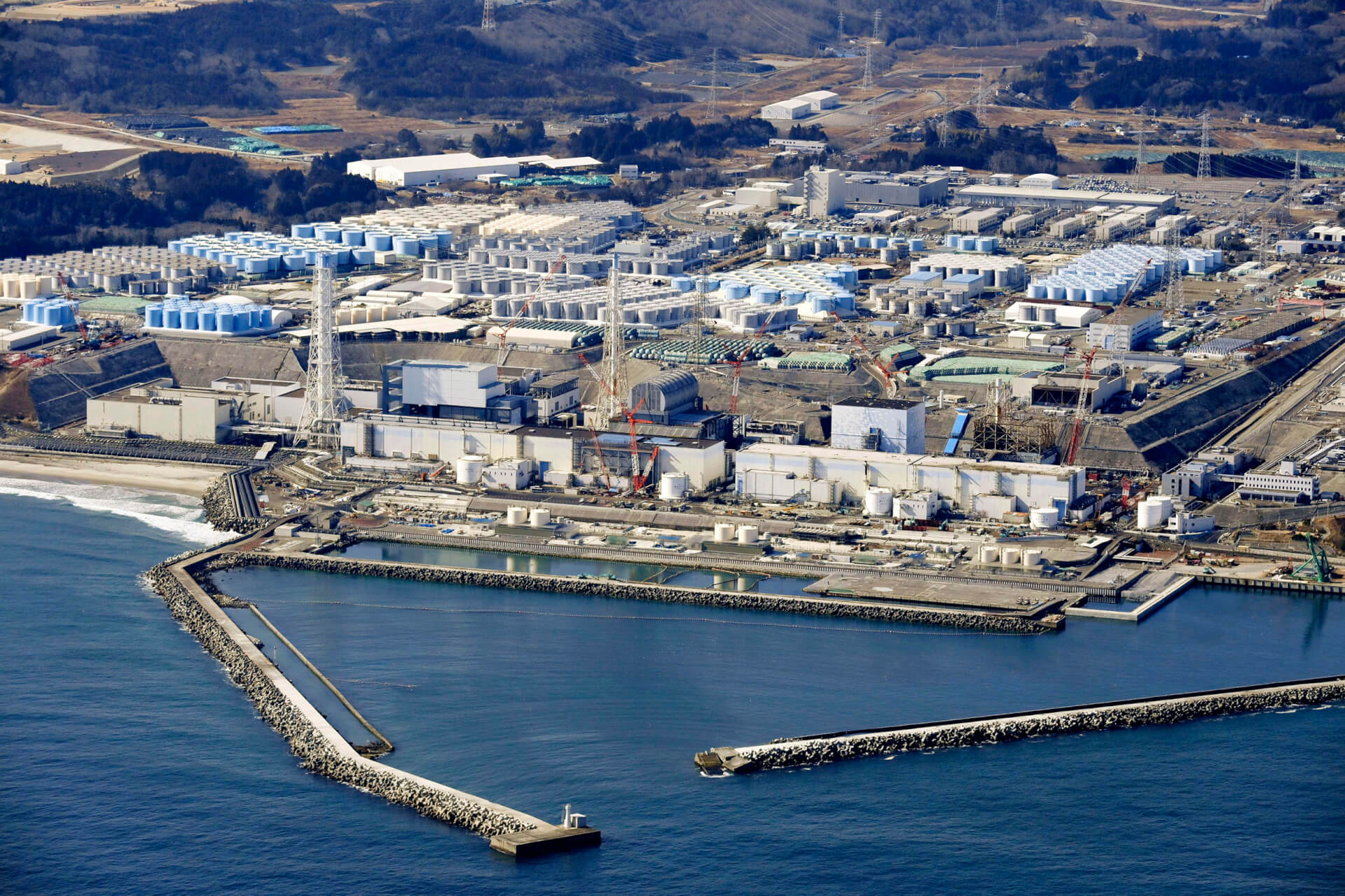Japan has requested China to “ensure the safety of Japanese residents living in China,” after reports of phone harassment targetting Japanese businesses increased since the Fukushima nuclear plant began discharging treated wastewater in the Pacific.
Overview
Calls from China harassing Japanese businesses began on Thursday, when operator TEPCO started releasing the water used to cool down nuclear reactors at Fukushima Daiichi nuclear plant, which were damaged by a massive earthquake in 2011.
“We strongly urge the Chinese government to take appropriate measures, such as calling on its citizens to act calmly, and to take all possible measures to ensure the safety of Japanese residents in China and Japanese diplomatic missions in China,” the Japanese foreign ministry said in a statement late Saturday.
In addition, the Japanese embassy in Beijing also urged nationals in China to refrain from speaking loudly in Japanese.
Several Japanese businesses, including local schools, aquariums, restaurants, and concert halls reported that they had started receiving a barrage of calls from Chinese speakers, obstructing regular operations.
Supermarkets in #China have pulled Japanese seafood off the shelves, since Beijing announced a blanket ban last week following Tokyo's release of nuclear-contaminated #Fukushima wastewater. pic.twitter.com/vO65ZQkUtG
— Zhang Heqing (@zhang_heqing) August 28, 2023
Similar incidents have also occurred in China against Japanese facilities.
Hiroyuki Namazu, a senior Japanese diplomat in charge of Asian and Oceanian affairs, expressed regret about the calls and requested senior officials at the Chinese embassy in Tokyo to call for calm in China.
Fukushima Water Release
The incidents come despite the Japanese government reporting new data on Sunday, showing that the wastewater being released into the Pacific was well within safe limits.
In addition, the Japanese environment ministry said on Sunday that a fresh test of the Fukushima coastal water showed no elevation in the levels of tritium.
However, neighbouring countries, including China, Taiwan, and South Korea, as well as some national and international civil rights groups, have long expressed strong concerns and opposition to the plan.

